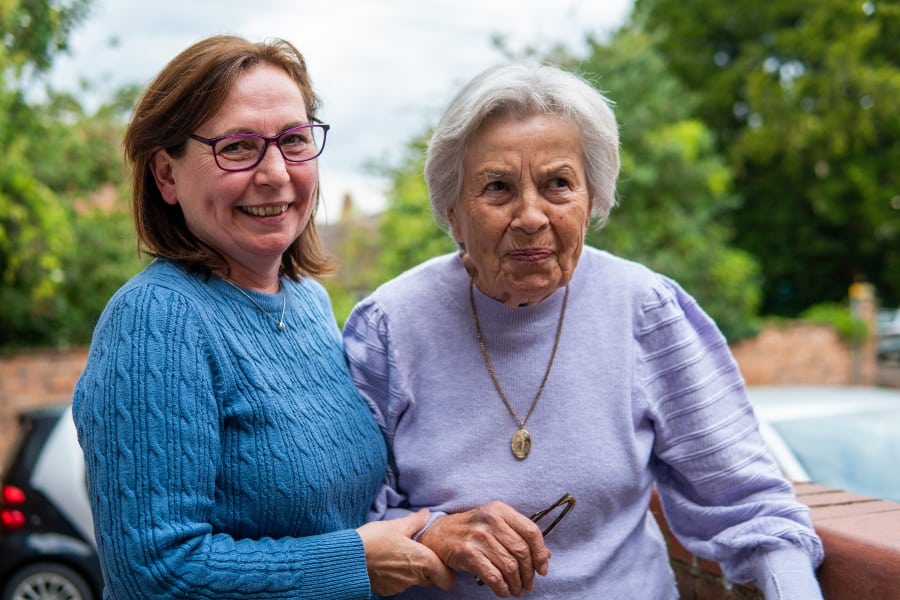Study will use Alexa to deliver mindfulness activities to people with early dementia and caregivers
A research team has developed mindfulness activities on Alexa and is now looking for individuals with early-stage dementia and their caregivers to participate in a feasibility study.
The team at Imperial College London, led by Cassandra Seah, a PhD student, is looking for people with early-stage dementia and their carers who may be interested in learning mindfulness practices, taking this programme as an opportunity to integrate mindfulness into their lives, while earning some vouchers.
According to Carewatch, mindfulness helps people with dementia to stop worrying about being forgetful or confused and focus on what they can do now and on breathing as a relaxation technique and distraction. It is possible to teach mindfulness to people with dementia, especially those in the early stages.
Carewatch further states that those who are caring for a loved one with dementia will also benefit from mindfulness. The most important thing in dealing with dementia is to relax, go with the flow, and be creative and adaptable in daily problem-solving approaches. Being in a relaxed state of mind will certainly help caregivers to be all of those things. Importantly, it will help to improve the caregivers’ sense of well-being too.
Ten pairs of participants (person with early-stage dementia and their caregiver) are required to participate. An occupational therapist (OT) will do a virtual cognitive assessment to determine early-stage dementia.
A feasibility study is a detailed analysis that considers all of the critical aspects of a proposed project in order to determine the likelihood of it succeeding.
The feasibility study has a few requirements, which mainly involves doing a 10-minute mindfulness activity daily, as a pair, before answering a few questions. There will also be assessments and interviews before and after the study to help understand user preferences and the effects of the activities on their stress, worries, sense of control, and relatedness with each other.
To decide who makes suitable candidates, inclusion and exclusion criteria for both the caregiver and person with early-stage dementia have been detailed below.
Caregiver inclusion criteria: must be 18 years or older; be the primary caregiver of an individual with a dementia diagnosis (early stage of any type); have provided care for at least three months before recruitment; must know how to use Alexa or equivalent; communicates in English; has Wi-Fi connection at home; and knows how to use digital conferencing tool Microsoft Teams (for participants taking part virtually).
Caregiver exclusion criteria: has hearing difficulties or already practices mindfulness regularly.
Person with dementia inclusion criteria: must be 18 years or older; have dementia (early stage of any type); are able to consent for themselves; must know how to use Alexa or equivalent; communicates in English; has Wi-Fi connection at home; and must know how to use digital conferencing tool Microsoft Teams (for participants taking part virtually).
Person with dementia exclusion criteria: has hallucinations and has hearing difficulties or already practices mindfulness regularly.
Imperial College London will provide £80 Marks and Spencer vouchers (UK) for each pair who takes part.
Recently, Tap to Alexa, a function that lets users interact with Alexa via touch instead of voice, became available on Fire tablets, helping make Alexa more accessible for users with speech disabilities.


